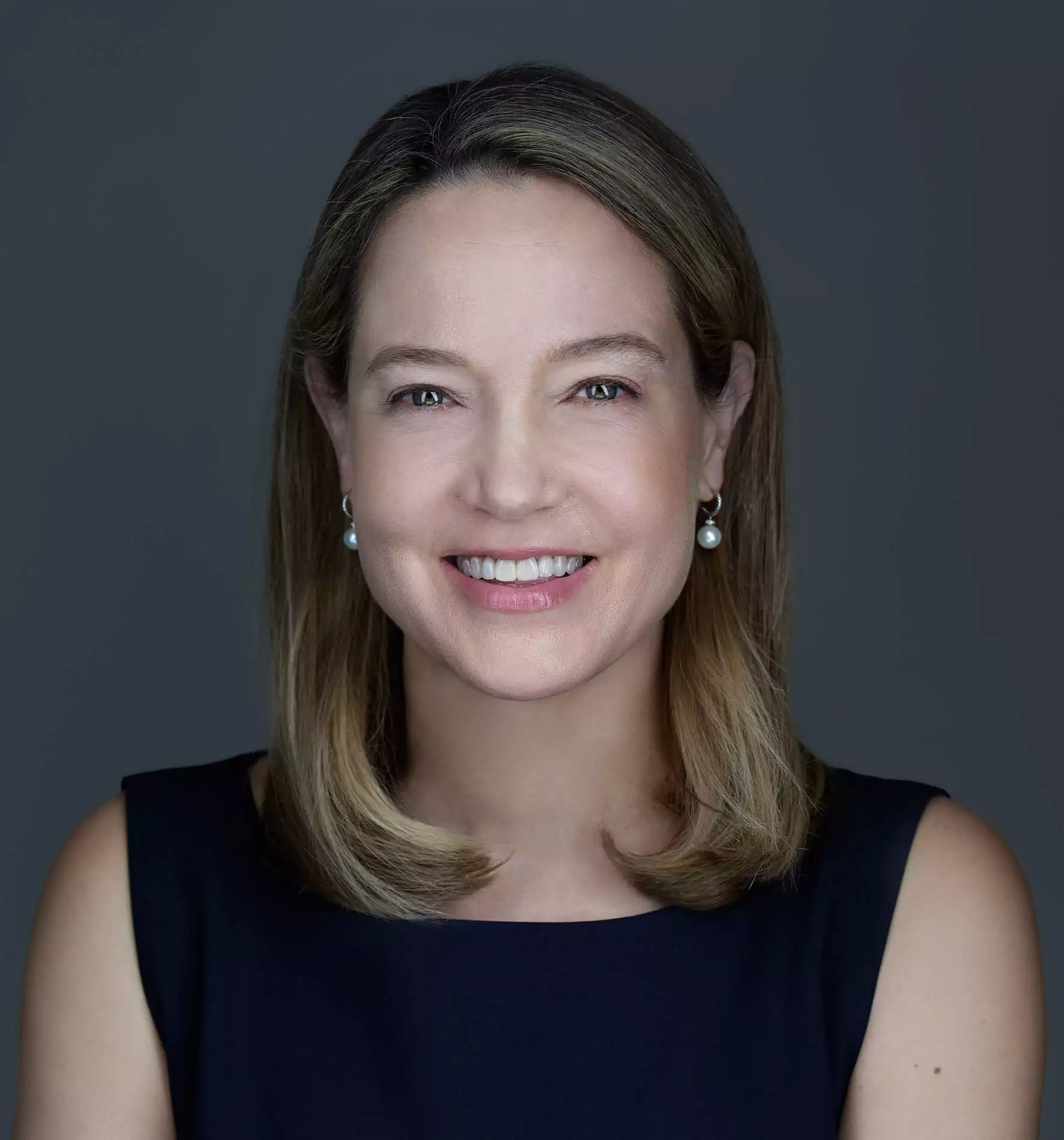
Kim Starkey
President and CEO
Kim is President and CEO of King Philanthropies, which which deploys grants and impact investments to catalyze solutions at the intersection of climate change and extreme poverty. In that role, Kim focuses on a goal that she has pursued throughout her career: to equip leaders and organizations to achieve extraordinary impact.
In addition to leading King Philanthropies, Kim teaches at the Stanford Graduate School of Business (GSB) as a Lecturer in Management. Her two GSB courses equip students to establish and lead social ventures (both for-profit and nonprofit). Kim has consulted to a wide range of philanthropists, foundations, impact investors, and nonprofit organizations on topics such as strategy, impact evaluation, and organizational effectiveness. She is an active member of the Young Presidents’ Organization and serves on the steering committee of Stronger Foundations for Nutrition, the world’s leading collaborative of philanthropic organizations working to combat malnutrition around the world.
Kim writes widely about leadership and organizational excellence in the social sector. She co-authored the book Engine of Impact: Essentials of Strategic Leadership in the Nonprofit Sector and she contributes frequently to publications such as Forbes and the Stanford Social Innovation Review.
Previously, Kim served as a management consultant at McKinsey & Company and was a Visiting Practitioner at the Stanford Center on Philanthropy and Civil Society. A Harry S. Truman Scholar, Kim holds an M.B.A. from the Stanford Graduate School of Business, an M.Sc. degree in economics for development from the University of Oxford, and an M.Sc. degree in international relations from the London School of Economics.